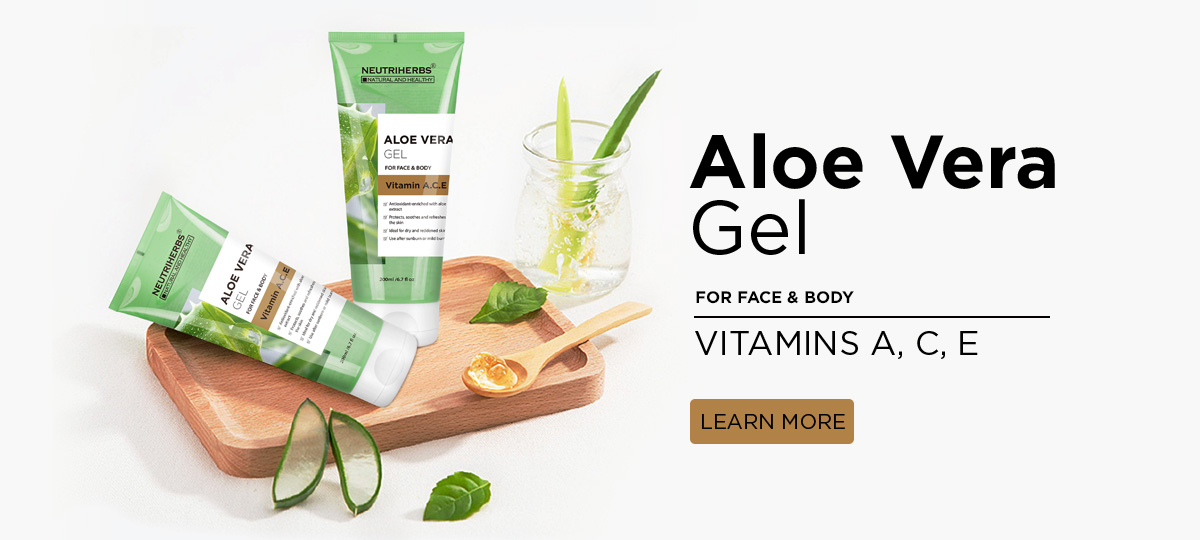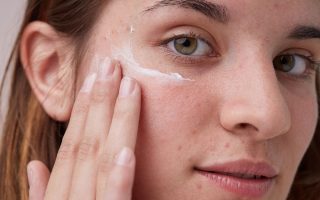We owe aloe vera’s widespread usage in medicine to its high concentration of minerals, vitamins, and amino acids—organic substances that are crucial for the body’s healthy operation. However, this component has a lot of qualities that make it a fantastic choice for skin care, particularly for the face.
You should be aware of the following effects of aloe vera on the skin:
- Aloe Vera has soothing properties that make it ideal for treating burns, dermatitis, eczema, and other sorts of irritations.
- Aloe vera can be your finest ally if you struggle with dry skin or acne because moisturisers are the most well-liked of its qualities.
- Due to its antioxidant characteristics, aloe vera is a completely natural product that may be used to fight free radicals that harm the skin.
- Anti-inflammatory qualities: This plant also has anti-inflammatory characteristics that can ease some bone and muscular pain.
- Healing qualities: As we’ve already established, aloe vera is a cooling and restorative herb that can help you treat burns, wounds, and blisters as well as other skin issues.
- Restorative abilities: Aloe vera’s regenerative abilities are crucial.
Advantages of aloe vera for the skin
You should be aware of the advantages that using aloe vera on your face will provide you with now that you are aware of its skin-friendly qualities. One of the most important things to remember is that aloe vera, in contrast to the majority of facial care products, is suggested for all skin types. Whether you have dry, oily, or extremely sensitive skin, this cure provides complete, in-depth care. and without any negative effects at all. So let’s look at how aloe vera can benefit you before learning how to apply it to the face:
Thoroughly cleans the skin
You can simply clean even the deepest layers of your skin because of its regenerative and antioxidant characteristics. Aloe vera will help you deal with the impurities that build up on your face day after day and are the root of many acne issues, in addition to removing debris and dead skin cells from beneath the skin.
Greatest hydration
Aloe vera’s moisturising qualities are crucial for deeply nourishing the skin of the face (one of the most delicate on the body). We strongly advise using it in the winter because that’s when skin tends to feel tighter and dry out faster. The finest solution for dry skin may be aloe vera.
Aloe vera for acne on the face
Another of its remarkable abilities is to combat and greatly lessen the appearance of blemishes on the face, particularly those brought on by exposure to the sun, hormonal changes, and ageing. It is best to use aloe vera consistently and to keep using it until you notice noticeable improvements if you wish to use it to treat facial blemishes.
Aloe vera for wrinkles on the face
A clear reduction in wrinkles and other symptoms of ageing can be seen when aloe vera is used daily to strengthen and stimulate the skin’s collagen and elastin fibres. You can thus have a smoother and stronger complexion by routinely using this natural cell regenerator for your skin.
Use aloe vera on wounds
Since the saponin content of aloe vera is important for rebuilding the most severely injured skin tissues, the healing, moisturising, and anti-inflammatory properties of aloe vera are crucial for treating wounds and scars. Regular application of aloe vera can be quite beneficial if you wish to conceal a scar or minimise its size.
For acne, use aloe vera
Aloe vera’s antibacterial, anti-inflammatory, and therapeutic capabilities are important in this situation since they help to dry out and reduce swelling from acne on the face. You will notice changes in your skin more quickly if you use aloe vera every day while you are receiving acne treatment.



